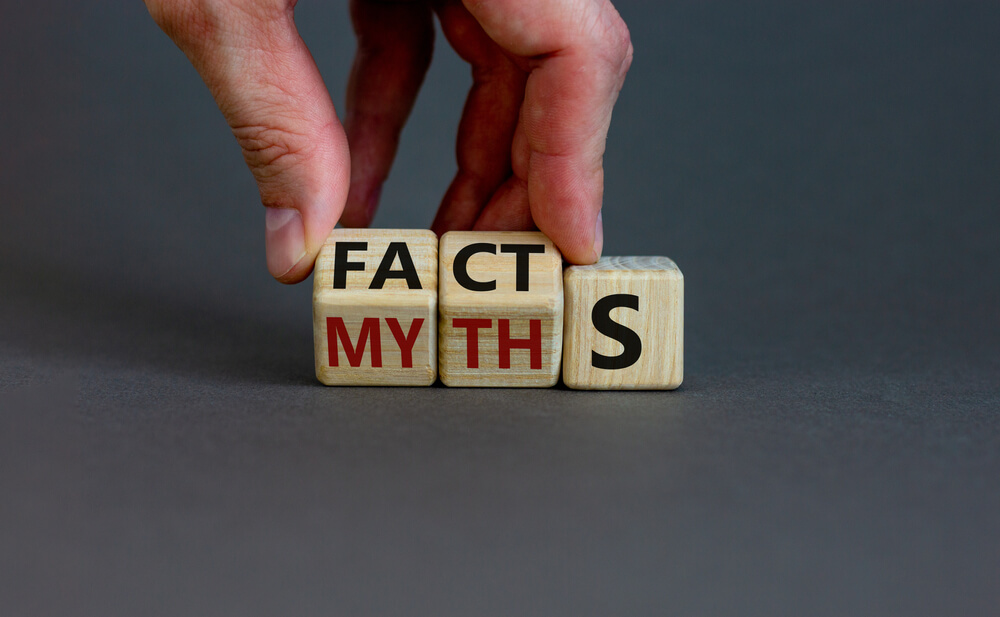
Only Guilty People need Legal Representation
To understand why this is a myth, you first need to grasp that our legal system is adversarial. This means that our Criminal Justice Process is a contest between the Prosecution and the Defence. The Prosecution’s goal is to convince the jury (or judge) that the defendant is guilty, and the Defence’s goal is normally to show that there is reason to doubt that the defendant is guilty.
Now, imagine that you have been charged (accused) of committing a serious crime. Imagine that the trial to decide your guilt (or lack thereof) will be a chess match. Next, imagine that your opponent, the Prosecutor, is a seasoned Grandmaster who has played and won hundreds of games of chess. Finally, imagine that you have neither played chess before, nor seen it played by anyone else.
Given these circumstances, would you bet your freedom and livelihood on beating the Prosecutor at the game of chess? Or, would you rather another Chess expert plays them on your behalf?
This is of course a limited analogy, but the point is simple. The Criminal Justice Process is both intimidating and complex: regardless of whether you are guilty of committing a criminal offence or not you need experienced legal representatives, as we have at TV Edwards, to guide you through the process and advise you on your best course of action.
Not doing something you’re accused of is one thing, but effectively presenting your case that you didn’t do it at Court is another. That is what the professionals are there for.
Only the Rich can Afford Legal Representation
This is a common critique of our legal system and it’s usually made by those who are unaware of how the vast majority of criminal defence cases are actually funded.
The Legal Aid Agency (LAA) is a government-funded organisation that helps people pay for their legal fees, including work done by lawyers both in and out of court. In Criminal cases a person’s eligibility for Legal Aid funding will depend on whether their case is serious enough that it would be in the interests of justice for the LAA to help them fund their case, and whether they make enough money to fund their case independently. For example, any adult who makes less than £12, 475 per annum is automatically entitled to legal aid in the Magistrates’ Court, provided that their case meets the interests of justice test. The vast majority of defendants in criminal cases do not pay for their legal representation privately, they either have it entirely funded by the LAA or they pay contributions towards the costs that are funded by the LAA.
The effect of Legal Aid is that access to expert legal representation and the pursuit of justice are not barred from those who cannot afford to pay legal fees. Here at TV Edwards we represent clients from a variety of different backgrounds and we represent both those who pay privately and those who are legal-aid funded. In either case, we always strive to ensure that our clients are well informed and best represented by our expert Solicitors.
Criminal Defence Lawyers are Dishonest
This misconception is perhaps best represented by the popular TV character ‘Saul Goodman’ from Breaking Bad and Better Call Saul. In the series, Mr Goodman is a criminal defence lawyer who makes use of dishonest tactics and underhand deals in order to assist his clients in evading the Criminal Justice System.
Whilst Saul is a very likeable character, he would not make it very far in the real world. Barristers and Solicitors in England and Wales are bound by ethical conduct codes and their chief duty among them is not to ‘mislead the Court’. This duty overrides their duty to protect their client’s interests. Essentially, the prohibition on misleading the court means that a solicitor or barrister cannot knowingly lie whilst representing their client.
Lawyers take this rule very seriously because breaching it could result in Solicitors being struck off by the Solicitors Regulatory Authority and Barristers being disbarred. When dealing with clients who cannot be dissuaded from knowingly lying about their case, lawyers must return their instructions and cease to act for that client.
Being accused of committing a criminal offence is an extremely stressful event. Our expert solicitors have represented defendants charged with a huge variety of offences ranging from driving offences, theft, money laundering, fraud to murder. If you require advice in relation to an allegation or charge you are facing please contact us on 0203 440 8000 to speak with one of our specialist team.
Disclaimer: The information on the TV Edwards website is for general information only and reflects the position at the date of publication.








